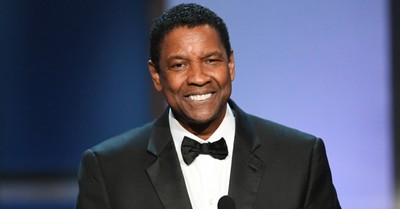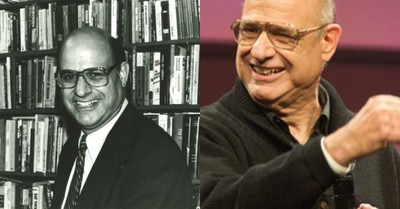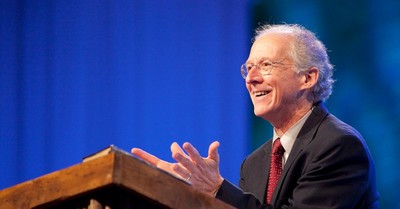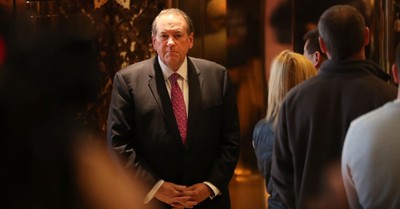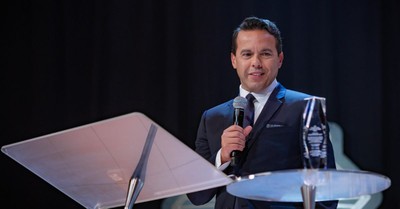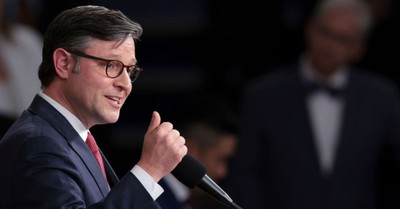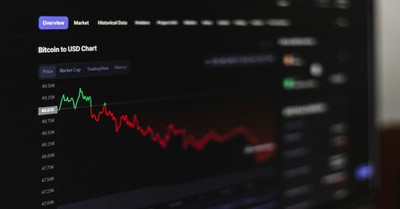Religious Liberty in the 'None' Generation
- James Tonkowich ReligionToday.com Columnist
- Published Oct 12, 2012

While at church, Dr. Angela McCaskill, deputy to the president and associate provost of diversity and inclusion at Gallaudet University, signed a petition to give Maryland voters a say in whether or not the state will sanction same-sex marriages. Word got out and last Wednesday, Gallaudet placed Dr. McCaskill on administrative leave pending an investigation. She could lose her job over her religious convictions.
Signs of eroding religious freedom in the United States are all over the place — the growing acceptance of same-sex marriage and the HHS Obamacare mandate being the most obvious.
And while many are battling to stop that erosion, I wonder how many Americans really care or would notice if their religious freedom were to diminish to “freedom of worship,” nothing more than the right to hold private beliefs.
I particularly wonder in light of “Nones” on the Rise, the new report by the Pew Research Center.
“The number of Americans who do not identify with any religion,” the report begins, “continues to grow at a rapid pace.” In fact, about one in five adults overall and one in three adults under 30 when asked their religious affiliation answer atheist, agnostic or none. To put it in perspective, there are now more unaffiliateds than there are white evangelicals. And since 2007, unaffiliateds have increased as a percentage of the population, white evangelicals declined.
The report is quick to point out that “nones” are not irreligious. “Two-thirds of them say they believe in God (68 percent). More than half say they often feel a deep connection with nature and the earth (58 percent), while more than a third classify themselves as ‘spiritual’ but not ‘religious’ (37 percent), and one-in-five (21 percent) say they pray every day. In addition, most religiously unaffiliated Americans think that churches and other religious institutions benefit society by strengthening community bonds and aiding the poor.”
So why do 88 percent of the “nones” say they have no interest in “looking for a religion that would be right for you”? According to the report, they feel that organized religion is too concerned with money and power, too focused on rules, and too involved in politics.
I suspect that "too focused on rules" is a way of saying that organized religions have doctrinal and moral standards that are not simply a matter of private opinion. Baptist, Presbyterian, Catholic, Jewish, Muslim, Mormon, and most other doctrines are fixed. When you affiliate, you submit to those doctrines — or at least that’s the idea. Unaffiliated allows an individual unfettered private judgment on all things religious and moral. And it’s not just the unaffiliated who are unfettered.
As Ross Douthat writes in Bad Religion: How We Became a Nation of Heretics, “The United States remains a deeply religious country, and most Americans are still drawing some water from the Christian well. But a growing number are inventing their own versions of what Christianity means, abandoning the nuances of traditional theology in favor of religions that stroke their egos and indulge or even celebrate their worst impulses.”
Sociological research confirms that rewriting Christianity based on personal predilections is widespread. The “faith once delivered” (Jude 3) has become a religious and moral Golden Corral buffet from which we pick and choose. And since the choices are all private, they have little to no public weight making freedom of worship — the right to have a private faith — good enough for most of us.
But as a student of Dietrich Bonhoeffer wrote, Bonhoeffer “pointed out that nowadays we often ask ourselves whether we still need the Church, whether we still need God. But this question, he said, is wrong. We are the ones who are questioned. The Church exists and God exists, and we are asked whether we are willing to be of service, for God needs us.”
“The faith once delivered” is truth — hard, universal, objective and eternal. It is open to some interpretation and some development, but, in the final analysis, we do not judge it, it judges us. Truth is not subject to our private judgments or to modifications that allow it to fit more comfortably with the spirit of the age.
It is faith that necessarily has public implications that may not be ignored without damaging the common good. And that makes religious freedom vital not just to Dr. McCaskill as she fights for her job, but to all of us as individuals and to society as a whole.
Publication date: October 12, 2012










